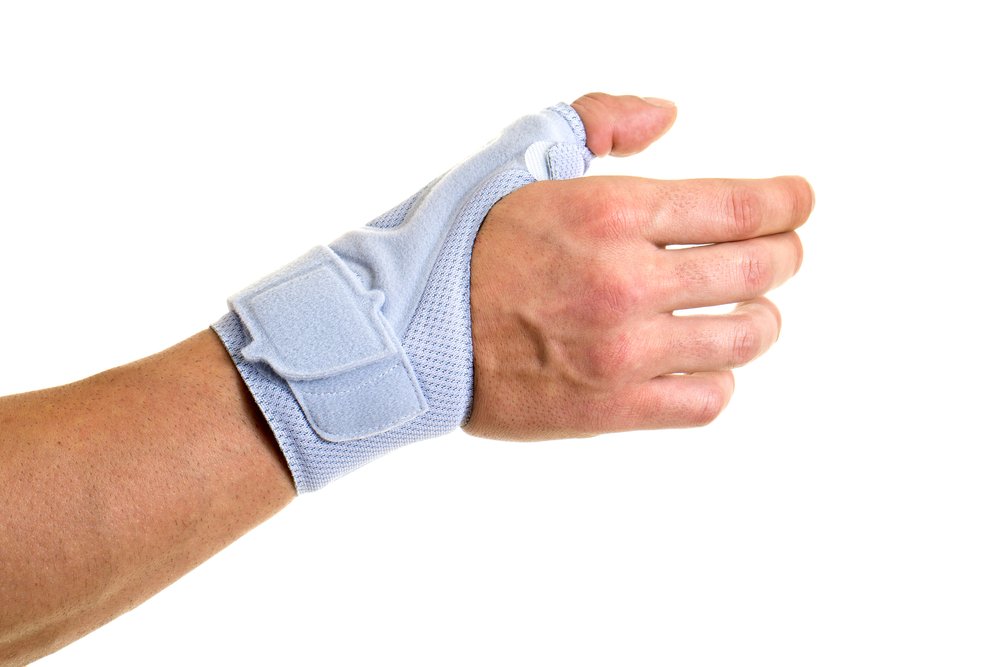Hand Braces During Sleep Can Help Preserve Muscle Function of Boys with Duchenne MD, Study Suggests
by |

Overnight use of hand braces preserves hand function and delays the development of shortened muscles or joints in boys who have Duchenne muscular dystrophy (DMD), a study shows.
The research, “Evaluation of hand orthoses in Duchenne muscular dystrophy,” was published in the journal Disability and Rehabilitation.
Life expectancy in boys with DMD is increasing. But they need muscle function rehabilitation, particularly in the upper extremities, arms and hands, researchers contend.
One study noted that “reduced muscle strength in arms and hands results in an imbalance between extensor and flexor muscles, which in turn increases the risk of developing contractures [shortened muscles or joints] and deformities of the hands and fingers.” An extensor muscle extends or straightens a body part, while a flexor muscle helps it bend.
Hand braces, or orthoses, help support weak or damaged parts of a hand. Their use has led to sustained benefits in patients with amyotrophic lateral sclerosis or motor neuron diseases, research has shown.
Researchers wanted to know if hand orthoses could improve joint mobility, grip strength, or fine motor function in boys with DMD.
The team recruited 10 boys with impaired wrist extension mobility for their study. Eight were able to complete it.
All of the boys received customized hand braces. They were told to wear them while sleeping, alternating them from hand to hand every other night. Switching them ensured the boys had at least one hand free to move each night.
Researchers evaluated the boys every other month before the braces went on — for six to 12 months. They did the same when the boys were using the braces — a period that lasted eight months.
The braces improved the boys’ wrist extension mobility, grip strength and fine motor function, the team said.
Researchers wrote that “the use of hand orthoses in DMD [boys] could delay development of contractures and improve passive wrist extension and thumb abduction. Hand orthoses can therefore be recommended for boys who start to develop contractures in the long finger flexors.”
Regular measures of wrist joint mobility could help doctors decide when patients should use hand braces, the team said.







